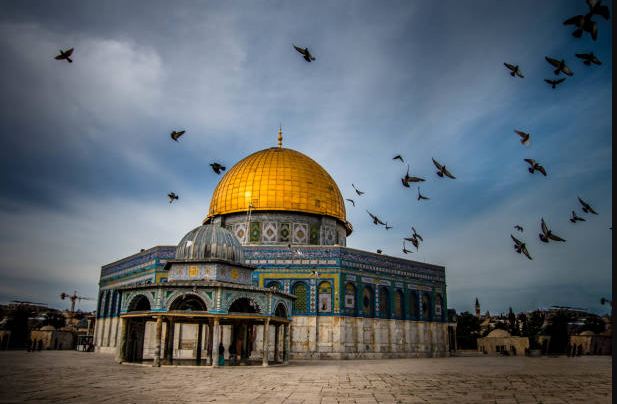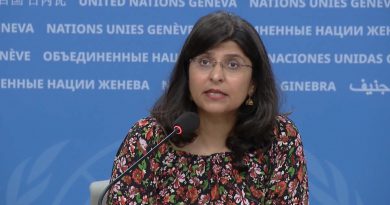Israel to Enforce “Safety Restrictions” at Al-Aqsa During Ramadan
Jerusalem — Israel announced on Thursday that it will impose what it calls “safety restrictions” at the Al-Aqsa Mosque compound in Jerusalem’s Old City during the Muslim holy month of Ramadan, which begins this weekend.
The Al-Aqsa Mosque, Islam’s third holiest site, draws hundreds of thousands of worshippers during Ramadan. Located in East Jerusalem—territory occupied and annexed by Israel—it has long been a focal point of tensions.
This year, Ramadan coincides with a fragile ceasefire in Gaza following a devastating war that left tens of thousands dead. Israeli government spokesman David Mencer confirmed that “the usual restrictions for public safety will be in place as they have been every year,” but did not provide details on security measures.
Security Restrictions and Tensions
In previous years, Israeli authorities have restricted access to Al-Aqsa, particularly for Palestinians from the occupied West Bank. Last Ramadan, only men over 55 and women over 50 were permitted entry for “security reasons,” while thousands of Israeli police officers were deployed across Jerusalem’s Old City.
Mencer suggested that similar precautions would be taken again this year, stating that no country would tolerate “people seeking to foment violence and attacks on anyone else.” However, he did not specify the extent of this year’s security measures.
A Site of Religious and Political Sensitivities
The Al-Aqsa Mosque compound is not only a religious site but also a symbol of Palestinian national identity. Under longstanding agreements, Jews are allowed to visit the site—revered as the location of their Second Temple, destroyed in 70 AD—but not to pray there.
In recent years, Jewish ultranationalists have challenged these rules, with some, including far-right politician Itamar Ben-Gvir, openly praying at the site while serving as Israel’s national security minister in 2023 and 2024. Such incidents have intensified Palestinian fears about the site’s status, making it a recurring flashpoint for violence.
While Israel has repeatedly stated its commitment to upholding the site’s status quo, tensions remain high as Ramadan approaches, and security measures could further inflame an already volatile situation.



